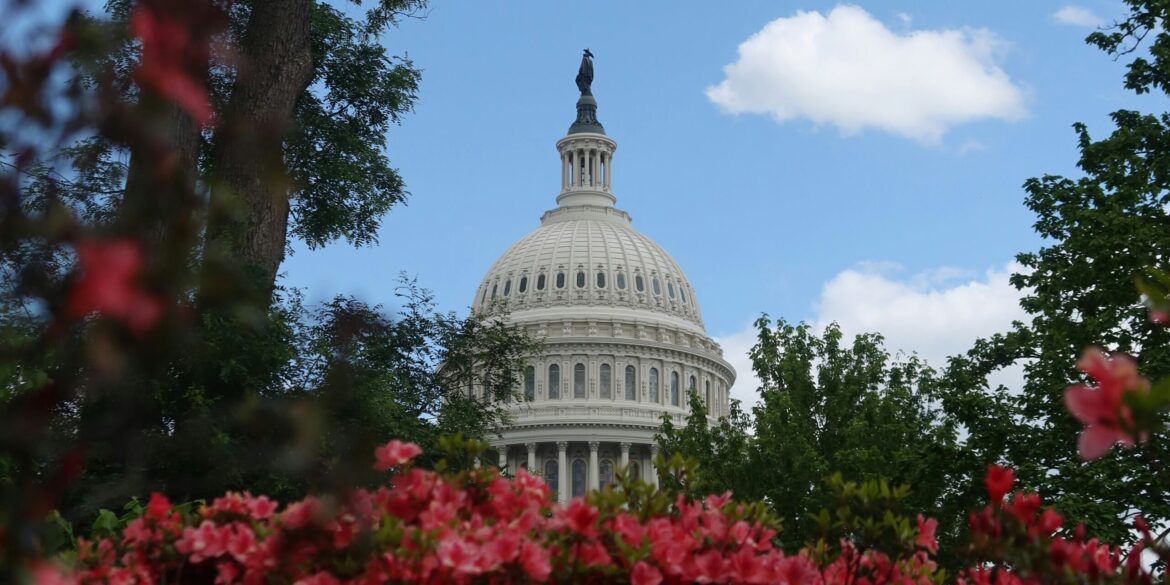In a historic move, the U.S. Senate has passed the Inflation Reduction Act (IRA), marking the most significant climate legislation in American history. The bill, approved on August 7, 2022, by a 51-50 vote with Vice President Kamala Harris casting the tie-breaking vote, allocates approximately $369 billion over the next decade to combat climate change, promote clean energy, and reduce greenhouse gas emissions. This legislation represents a pivotal step in the United States’ efforts to address the climate crisis and transition toward a sustainable future.
Key Provisions of the Inflation Reduction Act
The IRA encompasses a comprehensive array of measures designed to accelerate the adoption of clean energy technologies, enhance energy efficiency, and support environmental justice initiatives. Some of the most notable provisions include:
- Clean Energy Tax Credits: The bill extends and expands tax credits for renewable energy sources such as wind, solar, and geothermal. These incentives aim to stimulate investment in clean energy infrastructure and reduce reliance on fossil fuels.
- Electric Vehicle Incentives: The IRA provides tax credits for the purchase of new and used electric vehicles (EVs), with credits up to $7,500 for new EVs and $4,000 for used ones. These incentives are intended to make EVs more affordable and encourage their widespread adoption.
- Home Energy Efficiency Rebates: The legislation allocates funds for rebates to homeowners who make energy-efficient upgrades, such as installing heat pumps, upgrading insulation, or replacing windows. These measures are expected to lower energy bills and reduce household carbon footprints.
- Methane Emissions Reduction: A new program is established to reduce methane emissions from the oil and gas industry, addressing a potent greenhouse gas that significantly contributes to global warming.
- Environmental Justice Investments: The IRA dedicates over $60 billion to support communities disproportionately affected by pollution and climate change. This funding will support clean energy projects, pollution reduction initiatives, and efforts to improve public health in underserved areas.
Impact on Emissions and Climate Goals
The passage of the IRA is expected to have a profound impact on the United States’ greenhouse gas emissions. According to analyses, the legislation could reduce emissions by approximately 40% by 2030 compared to 2005 levels, bringing the country closer to meeting its climate commitments under the Paris Agreement. The bill’s emphasis on clean energy investments and emissions reductions positions the U.S. to play a more prominent role in global climate leadership.
Economic and Employment Implications
Beyond environmental benefits, the IRA is anticipated to stimulate economic growth and job creation. The expansion of clean energy industries, such as solar and wind power, is expected to generate thousands of new jobs across the country. Additionally, investments in energy efficiency and infrastructure improvements will provide economic opportunities in various sectors, including construction, manufacturing, and technology.
Political Significance and Future Outlook
The passage of the IRA represents a significant achievement for the Biden administration and congressional Democrats, who have long advocated for comprehensive climate action. However, the legislation’s journey was not without challenges. Negotiations, particularly with Senator Joe Manchin of West Virginia, were crucial in shaping the final bill. While the IRA includes provisions that support continued fossil fuel development, such as requirements for oil and gas leasing on federal lands, it also establishes a framework for transitioning to a cleaner energy future.
Looking ahead, the implementation of the IRA will require coordinated efforts at the federal, state, and local levels. Policymakers and stakeholders will need to collaborate to ensure that the bill’s provisions are effectively executed and that the intended environmental and economic benefits are realized. Additionally, ongoing discussions about permitting reform and infrastructure development will be essential to facilitate the widespread deployment of clean energy technologies.
In conclusion, the Senate’s passage of the Inflation Reduction Act marks a transformative moment in the United States’ approach to climate change. By investing in clean energy, enhancing energy efficiency, and promoting environmental justice, the IRA sets the stage for a more sustainable and equitable future. As the country moves forward, the lessons learned from this legislative endeavor will inform future climate policies and actions.

